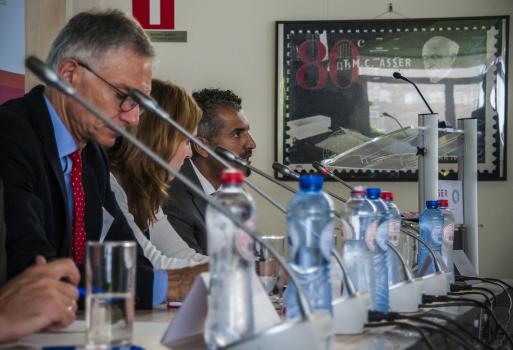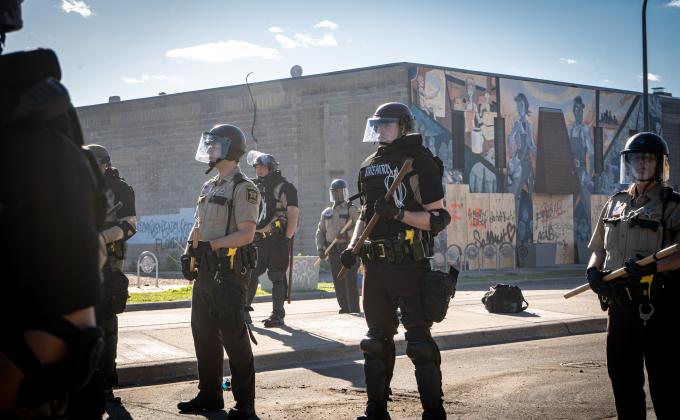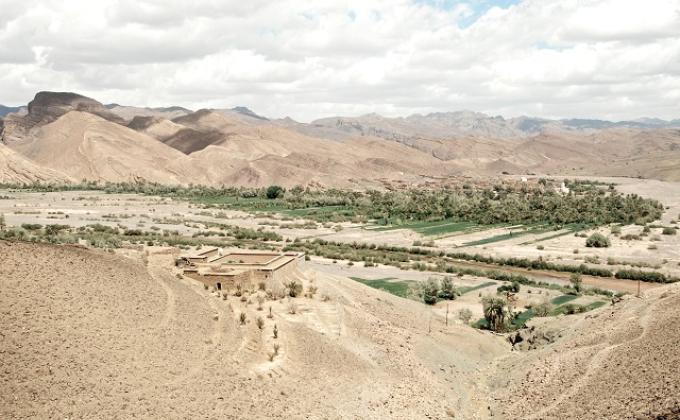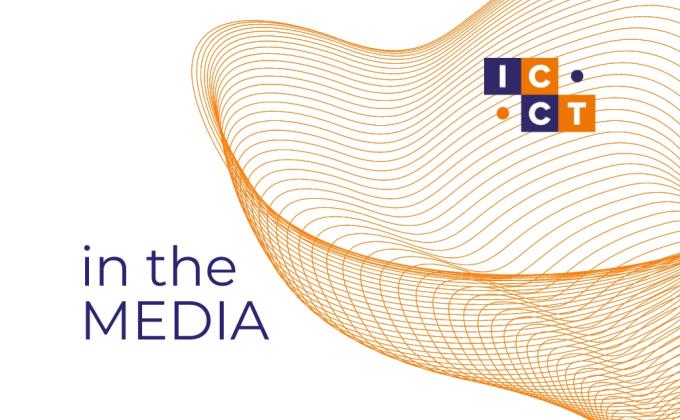Back to overview
Completed Projects
United Nations Resolution 1624 calls upon states to prohibit and prevent incitement to commit terrorism by enhancing dialogue and bringing together different actors, including governments and civil society. For several years, ICCT has been working together with the UN Counter-Terrorism Executive Directorate (CTED) and the Human Security Collective (HSC) to organise regional and national workshops on the implementation of UN Security Council Resolution 1624 (2005), 2178 (2014), and 2354 (2017).









